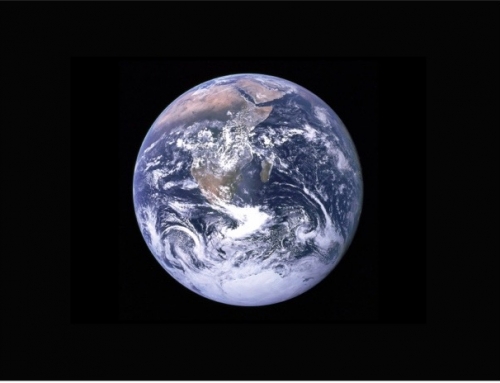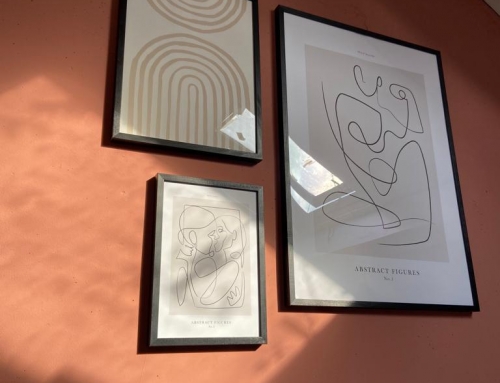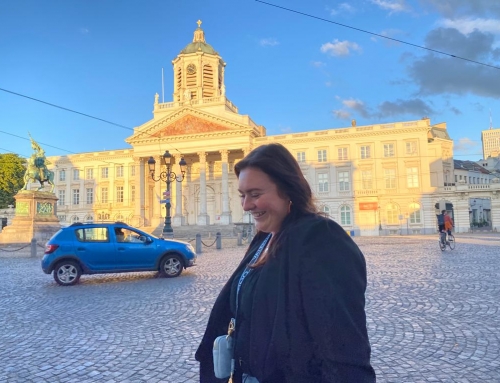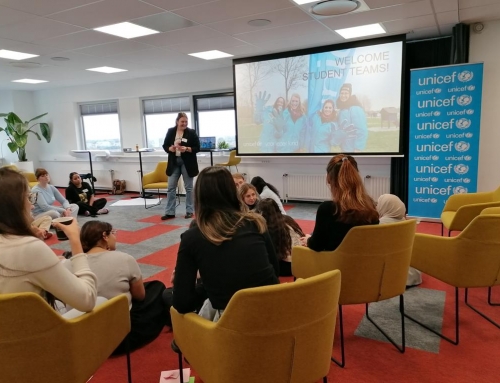The Corona crisis is forcing society to take a long break and makes unprecedented interventions and changes necessary. One of the main silver linings from this crisis, is that the impossible can be made possible. While many interventions made now have a lasting and drastic effect on our future, people making the decisions seem to have their eyes solemnly on the short-term perspective. In many ways, we can see the period we are now entering as a forced transformation: it happened to us and the impact and seriousness overtake us. During this pause, caused by the Corona virus, is it important to reflect on what the new normal after Corona means (Klijn, 2020).
Generally speaking, it’s easy to think you know how it all works. You read the newspaper, you watch the news, you know what’s going on, you are up to date. You are also curious. You read books about social issues, sometimes about history and science. You watch documentaries, visit a museum now and then, and talk about it with people. All these things make you wiser and more open-minded. They bring you more in touch with reality, with “that what is”. And yet you have no idea. Just like the rest of the world.
The world has over 7.8 billion people, and that number is growing every day (Worldometers, n.d.). 7.8 billion people, 7.8 billion plans, dreams, and ideas. Those plans, dreams, and ideas differ from each other. I have always been fascinated by Africa: the versatile nature, the welcoming population, a continent with many opportunities. Still, I know that not everyone will describe Africa as rose-colored as I do; I recently spoke to someone who describes Africa as a continent in war, where only a small part of the people can go to school and where misery and absolute poverty predominate. The funny thing is, we are moving in the right direction: extreme poverty is decreasing, there is progress (Kraniotis, 2019). However, the newspapers that we read, the news that we watch, gives us the idea that the situation in Africa is very simple: what we see is misery, so we think of misery. In addition, people often attach much more importance to their own experiences than to cold numbers. You will remember that one plane that crashed, not the 7 million times a year that a plane lands without problems (Van Straten, 2018). We create our own reality, based on the things we observe and experience. Our own systems, that can be seen as a structure and a set of entrenched powers (Guillebeau, 2013).
According to Dave Gray (2016), an entrepreneur who calls himself ‘’possibilitarian’’, we will therefore not be able to agree because each of us is seeing a truth. A piece of the truth. None of us has the whole truth; we all see aspects of reality. Each of us has our own experiences and observations. And from those experiences and observations we select; we notice the things that are relevant to us. Usually, the things that are relevant to our specific needs. From those things that are relevant, we make assumptions, draw conclusions, and form beliefs. We think that our beliefs, the things that we know, are reality. We stay in our own bubble continuing to use the self-sealing logic to kind of protect ourselves from the uncertain, from change, to just feel safe.
I believe the basic principle is to realize that you don’t really know how the world works. Reality is unknowable. As soon as you think you understand the world, you are probably simplifying our beautiful world. What is possible, is to make this process conscious, understand how you go about constructing your beliefs. Why are certain experiences and observations, things that I thought relevant? We can start over, reflect on our own systems, and start discovering other systems. Deconstruct your own beliefs. Understand other people’s beliefs. This doesn’t mean that we have to agree, but it does mean we have to step outside of our bubble.
THE WAY I SEE THE WORLD
Reflecting on my systems, on my own reality, and stepping outside of my bubble is easier said than done. Still, I strive to objectively explore situations and try to understand different points of view. The newspaper we read, the news we watch, shows us a distorted view of the truth. We are told how we should see the world, although that may not be the reality. You will believe what you see. Based on the things I have experienced, I have also created my own reality: I have the feeling that the negative aspects of humanity are often emphasized, creating an ever-widening gap between people in society.
In recent years I have studied this gap. My goal has always been to get rid of inequalities or even to reduce inequality in a certain way. To create a world where we are equal and respect each other. The reason one of my studies was focused on this topic. The solution that works for me: making a distinction between equality and equity. The difference between these concepts lies in the attention to the initial situation in which people find themselves. Although this sounded just to me, I eventually realized if this was going to be reality, it would mean that someone who has worked hard for his place in society is equal to someone who has not. It was Klaas Burger (2019), artistic action researcher on urgent social issues, who opened my eyes: ‘’If we all say that inequality has to be reduced, it would mean the bankruptcy of our society. We cannot all be equal; differences must be accepted, some inequalities cannot be solved and are part of life’’.
After his words I realized I had to be realistic: we can’t all be equal. Nevertheless, although we cannot all be equal and not all inequalities can be tackled, I believe we, as a society, can focus more on the strengths and talents every unique individual has. I experienced this during my internship at The Make It Right Movement (MIRM) in Kuala Lumpur. The Make It Right Movement is a corporate social responsibility initiative that is born out of the need to address an evident opportunity for everyone involved in the arduous arena of social good. MIRM aims to create a sustainable positive impact on society. The team consisted mainly of people with disabilities: down syndrome, blindness, dwarfism, and so on. Instead of focusing on their disabilities and associated limitations, the focus was on what they can do: a people-centered approach where a person is seen as a unique individual with valuable gifts and contributions. The person is at the center in which their talents and strengths are empowered, an approach I support and would like to propagate.
In recent years I have engaged myself in different interesting projects. One of those projects was my study in the solidarity economy, an alternative framework that seeks to transform the dominant authoritarian and capitalistic systems into a system that places people first. During this study, I have discovered even more that I want to contribute to a change from a society focused on economic growth and profit, to a society where every person will be seen as a unique individual. No matter who I will be working with, be it minority groups, refugees, or other people suppressed by today’s society, I want to empower people and create positive changes in people’s lives. Changing society to be more people-focussed can be seen as my big hairy audacious goal; something I want to achieve, but is not yet within reach. Therefore, I am going to start small, because even small changes can make a big difference and have a big impact.
THE WAY WE COULD SEE THE WORLD
We all experience the world differently. I see the world as a place where capitalist and authoritarian systems predominate and where the negative aspects of humanity are often emphasized. Yet, I also see a world in which existing predominant systems could be changed and where opportunities for a more cooperative and human-centered society are within reach. While people are often tied strongly to their beliefs and system, I see the possibility of change. The only way to avoid mistakes is to make it harder to focus on the wrong thing and make it easier to focus on the right thing. During this pause, caused by the Corona virus, is it important to reflect on what the new normal after Corona means. Do we stick to our own realities, our own systems, and our own beliefs? Or are we going to step outside of our bubble and reflect on ‘’the way we have always done it’’?
‘’The way we choose to see the world creates the world we see’’





